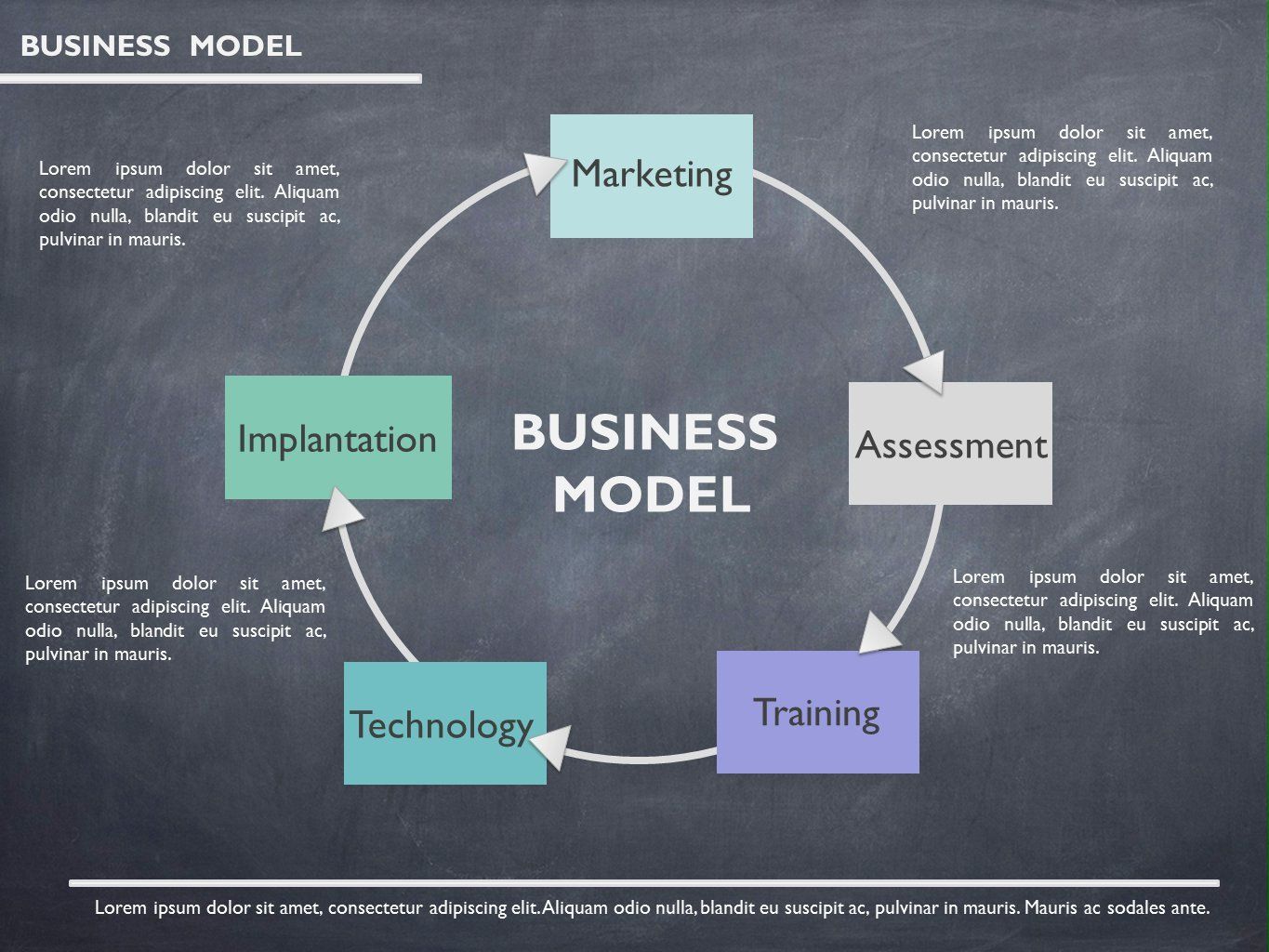In today’s competitive job market, securing the right position can feel like an uphill battle. During my own job search, I quickly discovered how leveraging technology—particularly AI tools—could significantly impact my chances of success. These tools can streamline preparation, allowing candidates to present their best selves in interviews. One of the most transformative experiences I had was utilizing an AI-driven interview simulator that closely mimics real-life interview scenarios, enabling me to prepare more effectively and thoroughly.
Initially, I harbored doubts about the effectiveness of AI in preparing for something as inherently human as a face-to-face conversation. Could a machine genuinely equip me for the nuances of real interactions? However, after immersing myself in the mock interviews, I became a firm believer. The AI offered valuable feedback on various aspects, including my responses, body language, and even my tone of voice. This practice was instrumental; the opportunity to rehearse answers helped me connect more authentically and project confidence during the actual interviews. I soon realized that AI could be a strategic partner in my preparation journey. To achieve a comprehensive learning journey, we suggest this external source packed with supplementary and pertinent details. amazon writing exercise, discover new perspectives on the subject covered.
Crafting Tailored Questions
One of the standout features of these AI tools is their ability to generate tailored interview questions based on the specifics of the job description. This completely revolutionized my approach to preparation. In the past, I would often default to generic questions like “Can you tell me about your strengths?” But with AI, I received inquiries directly related to the position I was targeting, making the process feel far more relevant and engaging.
For instance, through one AI tool, I was prompted with questions about particular projects I had highlighted in my résumé. This pushed me to delve deeper into my genuine experiences and assess how they aligned perfectly with the skills the job required. It helped me identify the accomplishments worth emphasizing, transforming my responses into compelling narratives rather than a mere list of bullet points. This reflective practice enabled me to draw meaningful connections between my past successes and the potential future role, creating a presentation that felt both authentic and effective.
Real-time Feedback and Improvement
What truly distinguishes AI tools is their ability to offer real-time feedback. As I practiced my responses, the AI provided immediate insights regarding my speaking pace, occurrence of filler words, and even emotional tone. Such feedback proved invaluable; during previous interviews, I often sensed that I had missed opportunities to express myself clearly. However, with the constructive criticism offered by the AI, I was able to pinpoint these gaps and refine my communication style.
Armed with this knowledge, I conducted a self-assessment that was honest and informed. The iterative nature of this process allowed me to make continuous adjustments until I felt genuinely prepared. This experience instilled a newfound confidence in me, which directly translated to my performance during interviews.
Simulating Stress and Anxiety
Interview anxiety can be a formidable barrier. I would be remiss if I didn’t acknowledge how daunting interviews often feel. Thankfully, some AI tools are designed to replicate the pressure of a real interview—complete with a ticking timer in the background. This was particularly eye-opening for me. Practicing in a somewhat ‘stressful’ environment enabled me to develop strategies for managing my nerves and maintaining composure.
This training approach made an enormous difference. The first time I simulated a high-pressure interview, I felt shaky and stumbled over my words. However, after several practice sessions, I began to adopt techniques that helped me pause, breathe, and stay calm in the face of tough questions or unexpected topics. Not only did I become more comfortable during interviews, but I also learned to manage the nerves that accompany presenting myself in high-stakes situations.
Continuing Growth Beyond The Interview
Perhaps the most enlightening realization throughout this journey has been understanding that the learning process doesn’t stop once the interview ends. Many AI tools provide valuable analytics and recommendations based on my performance, allowing me to identify areas for further growth even after the fact. If I didn’t land a job, I chose not to succumb to disappointment. Instead, I consulted the AI for insights, equipping myself even more thoroughly for future opportunities.
Through this journey, I have come to appreciate that preparation is an ongoing learning experience. Each interview, regardless of the outcome, contributes to my overall development. AI tools enhance that growth by providing structure and focus, elements I have found incredibly valuable throughout my career journey. To keep growing your understanding of the topic, make sure to check this site out out the thoughtfully chosen external source we’ve put together to enhance your study, amazon writing assessment.









































































































































































































































































































































































































































































































































